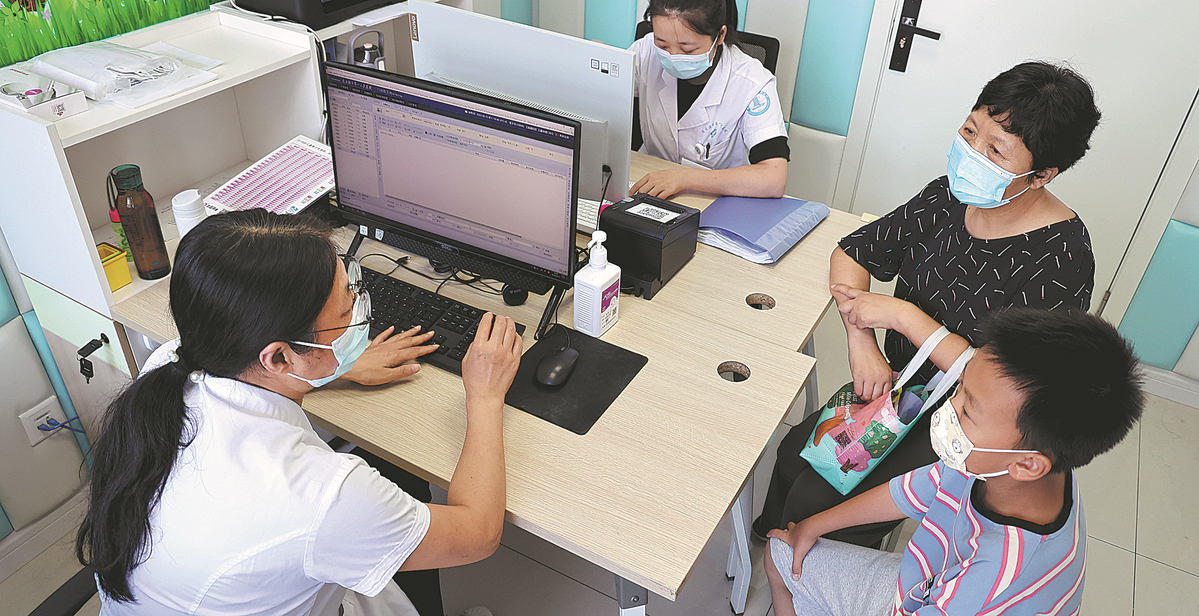Joint efforts tackle child learning difficulties


Team effort
However, schools cannot be overly reliant on counselors to identify children with learning difficulties. Parents and teachers-who spend the most time with the students-should also help, Wang said.
"It's not fair or feasible to rely solely on counselors to address this situation," she said. "There is a growing consensus that inclusive education needs a systemic approach that requires efforts from families, schools and medical institutions."
Wang recalled an example of a student with ADHD experiencing extreme mood swings during class. After consulting the student, his family and doctors, the school drew up a learning schedule that allowed the boy to attend different classes to learn major subjects in the mornings. In the afternoons, he was free to read, exercise, take private tutoring lessons and undergo psychological counseling.
The decision proved highly effective, as the student went on to do well in his studies.
"This would not have been possible without the efforts of all the parties involved," Wang said.
Zhu, from Children's Hospital of Fudan University, said that since 2016 the hospital has contacted primary schools in the city to promote awareness of learning disorders.
"Cooperation between parents, schools and medical institutions is key to early detection," she said.
Although it is encouraging to hear of such children achieving academic success, Zhu Daqian is quick to remind the public that medication and intervention do not guarantee good grades.
"There is no doubt that many patients have improved in their studies after receiving treatment at our clinic. But as psychologists, our top concern is not to help them succeed academically," she said.
"Rather, we focus more on the psychological health of the child and his or her parents. We consider ourselves more a companion to children as they grow up. We are here to relieve them of the pain of not being able to learn in the typical manner, and help them find their own ways to learn."


















